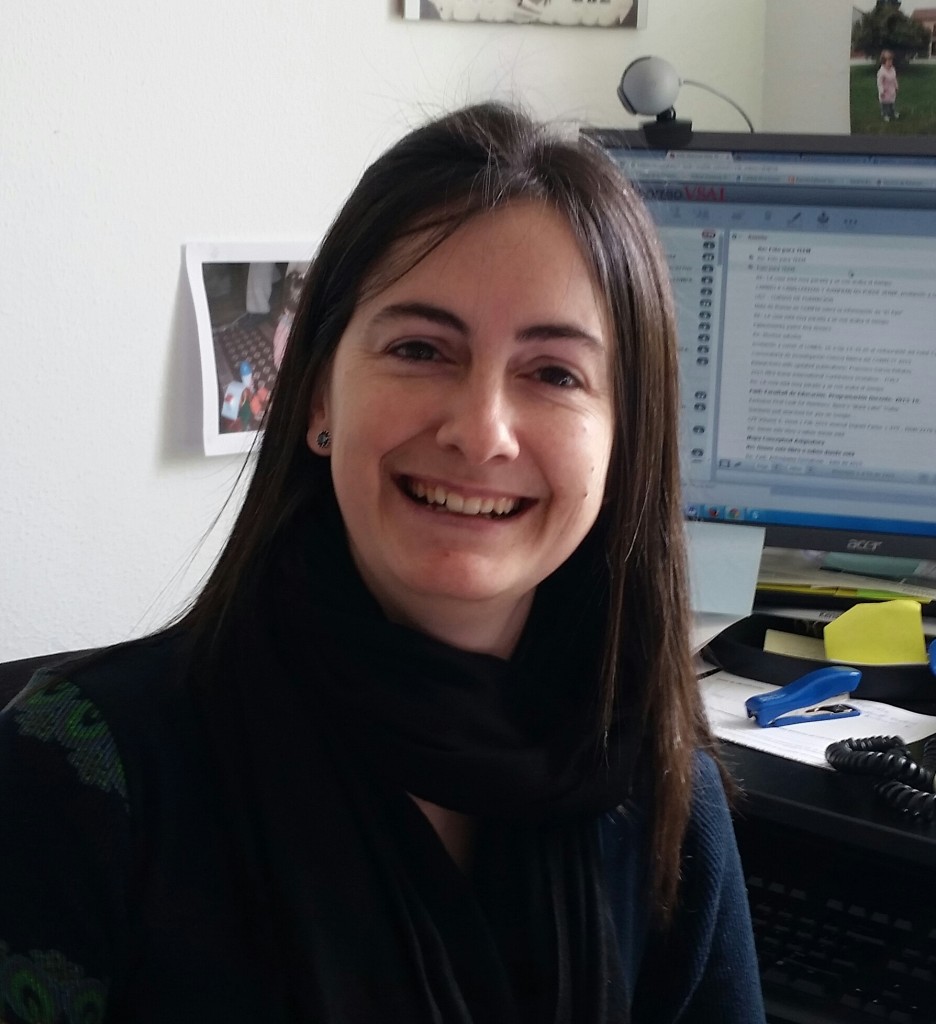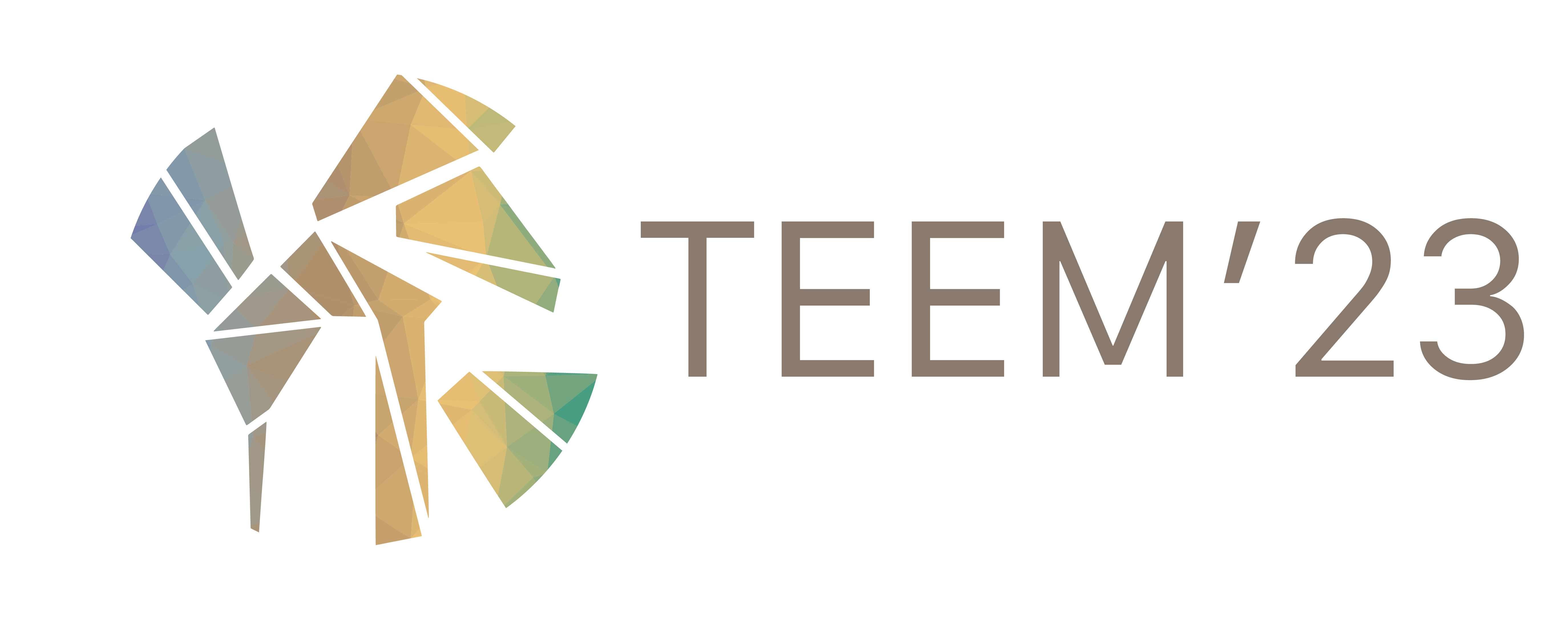In any process, a thorough and well-planned assessment is a key element to ensure quality and accountability. The field of education is a highly complex system comprising many levels of action (education system, schools, classrooms, etc.) and many different actors involved. For this reason, rigorous and science-based assessment processes are crucial to provide decision-makers at all levels with valuable information to improve the quality of education. This track welcomes research on education assessment at any level (school and university): education system, educational institutions, teacher appraisal, student assessment, assessment of educational practices and educational innovations within the classroom, assessment of cognitive and non-cognitive results, etc. On the other hand, the provision of an informed and personalised guidance to students at all stages of their life has proven to have numerous benefits in their cognitive, emotional, and vocational development. Guidance actions carried out by teachers and guidance counsellors regarding academic, vocational and personal topics highly contribute to the quality of an education system. This track welcomes research on educational guidance at any level (school and university) including topics such as vocational and professional guidance, facilitation of learning processes and difficulties, accompanying decision making processes, improving coexistence and interpersonal relationships, etc. In previous editions we have presented the advances of the studies in Educational Assessment conducted by our research team belonging to the IUCE at the University of Salamanca, as well as those of other national teams specialised in educational assessment and guidance, such as the Universities of Cádiz, Málaga, Córdoba, Oviedo, Burgos, etc. We also look forward to the participation of international research teams who will contribute with interesting advances in educational fields as relevant as the assessment of programmes, schools and institutions, or the impact of educational actions on learning.
Topics
- Assessment of student cognitive results (math, science, language, etc.)
- Assessment of student non-cognitive results (motivation, emotional and social development, etc.)
- e-Assessment
- Assessment of the education system
- Large-scale assessment
- Value-added, effectiveness and quality in education
- Teacher and school assessment
- Assessment of educational innovations
- Feedback and feedforward in education
- Culturally responsive assessment
Track Scientific Committee
Adriana Gamazo, University of Salamanca, Spain
Alberto Ortiz López, University of Salamanca, Spain
Carlos Día, Universidad Autónoma de Baja California, Mexico
Cristina Frade Martínez, University of Salamanca, Spain
Diego González Rodríguez, University of León, Spain
Eva María Torrecilla Sánchez, University of Salamanca, Spain
Fernando Martínez Abad, University of Salamanca, Spain
Javier Vidal García, University of León, Spain
Joe O’Hara, Dublin City University, Ireland
José Carlos Sánchez-Prieto, University of Salamanca, Spain
Juan Pablo Hernández Ramos, University of Salamanca, Spain
Maddalena Taras, University of Sunderland, United Kingdom
María José Rodríguez-Conde, University of Salamanca, Spain
María José Vieira Aller, University of León, Spain
Maria Luísa Lebres Aires, Universidade Aberta, Portugal
Martin Brown, Dublin City University, Ireland
Susana Olmos Migueláñez, University of Salamanca, Spain
CHAIRS:

Susana Olmos Migueláñez
University of Salamanca, Spain

José Carlos Sánchez-Prieto
University of Salamanca, Spain

Adriana Gamazo
University of Salamanca, Spain
